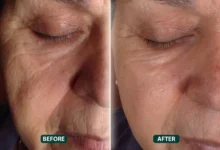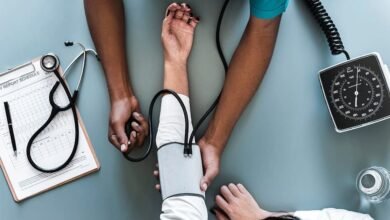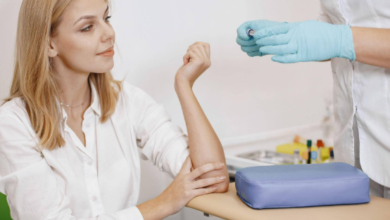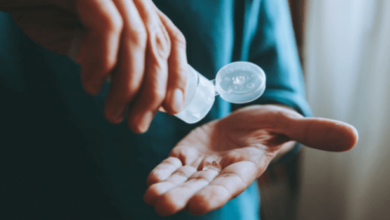6 Reasons Medical Professionals Rely on SOAP Notes
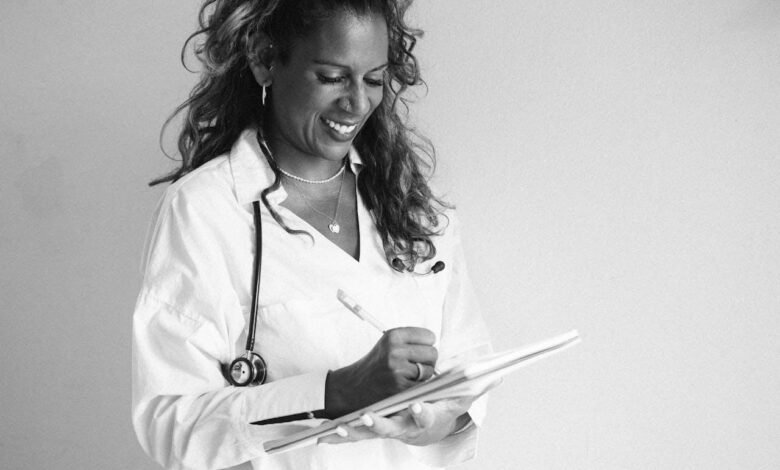
Medical personnel employ the systematic technique of Subjective, Objective, Assessment, and Plan (SOAP) notes to record patient encounters. These notes are necessary to ensure thorough patient care, facilitate communication between healthcare personnel, and keep correct records. The following list contains the main justifications for why medical practitioners use SOAP notes in their work:
Structured Organization of Patient Information
SOAP notes offer a consistent structure for patient information organization. The primary complaint, the history of the current disease, and any subjective information the patient chooses to provide are all recorded in the “Subjective” section. This covers symptoms, worries, and results as described by the patient. Healthcare professionals document objective results from physical exams, diagnostic testing, and observations under the “Objective” section. This systematic approach makes sure that all pertinent clinical data is recorded in an understandable and organized way, which promotes efficient communication between members of the healthcare team and continuity of treatment.
Comprehensive Assessment of Patient Health
Healthcare professionals can create a thorough assessment of the patient’s health state using the “Assessment” portion of SOAP notes. Making clinical and diagnostic choices involves combining subjective and objective facts. Medical personnel can monitor changes in the patient’s health status, assess the efficacy of therapies, and follow the evolution of the patient’s condition over time by recording their evaluation. Making educated judgments about patient care and treatment plans is made easier with the use of this methodical technique. Professional SOAP note examples are invaluable resources for healthcare providers to understand how to structure their notes effectively and ensure comprehensive documentation of patient encounters. By referencing these examples, medical professionals can learn best practices for maintaining accuracy, clarity, and consistency in their SOAP notes, thereby enhancing communication and quality of care. Regular use of SOAP notes supports evidence-based practice and facilitates better patient outcomes through organized and detailed documentation.
Development of Effective Treatment Plans
Creating efficient treatment plans for their patients is one of the main reasons doctors use SOAP notes. Based on the patient’s evaluation, the management and treatment options are outlined in the “Plan” section. Prescription drugs, planned procedures, specialist referrals, and patient education are a few examples of this. Healthcare practitioners provide continuity of care across multidisciplinary team members and locations by recording the treatment plan in SOAP notes. In order to obtain the best possible outcomes for patients, it assists in coordinating patient care, tracking advancement, and modifying treatment plans as necessary.
Facilitation of Communication and Collaboration
A communication tool for healthcare professionals participating in the patient’s care is the SOAP note. With their summaries of the patient’s evaluation, present condition, and treatment strategy, they help to ensure that rounds, handoffs, and multidisciplinary meetings are successfully conducted. Medical practitioners use SOAP notes to communicate vital information to other team members, guaranteeing that everyone is aware of the patient’s status and treatment plan. This cooperative strategy lowers the possibility of medical mistakes, improves patient safety, and encourages continuity of treatment.
Legal and Documentation Requirements
In healthcare settings, precise and thorough documentation is essential for legal and regulatory compliance. Every patient interaction is fully documented in SOAP notes, along with the reasoning behind clinical judgments, therapies given, and patient reactions. To comply with documentation standards imposed by regulatory agencies, insurance companies, and healthcare facilities, medical personnel use SOAP notes. Accurate documentation ensures responsibility for inpatient treatment and acts as a legal defense for healthcare practitioners against malpractice lawsuits.
Education, Training, and Quality Improvement
In medical education, training, and quality improvement activities, SOAP notes are essential. They are used as instructional resources to teach clinical reasoning, diagnosis procedures, and treatment planning to medical students, residents, and other healthcare workers. Healthcare professionals may improve patient care outcomes by analyzing SOAP notes to evaluate their decision-making procedures, pinpoint areas for development, and put quality improvement strategies into action. By recording therapeutic interventions and their results and promoting research and advances in medical knowledge, SOAP notes enhance evidence-based practice.
Conclusion
To sum up, SOAP notes are essential to the work of medical professionals since they help with patient encounter documentation, clinical information organization, and team member collaboration and communication. Medical practitioners may guarantee thorough patient care, create efficient treatment plans, comply with legal documentation requirements, and support patient education and quality improvement activities in healthcare settings by adhering to the organized framework of Subjective, Objective, Assessment, and Plan.


